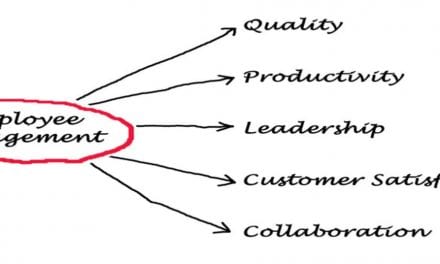- Is there more risk between a pizza delivered by DoorDash versus a delivery from Dominos?
- Which do you consider to be an innovator: traditional taxis or rideshare options such as Lyft and Uber?
- Do you believe 1099 workers pose more risk than W-2 workers?
There is nothing wrong with these options. Traditional models worked for a long time. They still have a place within their industries today.
But ask yourself which models are:
- Truly innovating?
- Providing you, as a consumer, the best experience with the most flexibility?
- Giving workers flexibility and control over their schedule and their option to go full-time with no strings attached?
None of this is new. Other industries solved this years ago.
So, why has there been a recent push by traditional staffing agencies to get all doom-and-gloom about 1099 workers at medical, post-acute, and senior care companies?
They are doing so to create a myth that 1099 workers expose communities to greater risks compared to W-2 models because they can’t provide insurance in the case of a claim.
Well, just like a traditional taxicab honking in standstill traffic, it’s a lot of noise that does nothing.
KARE (a Foresight partner,) a labor marketplace, provides insurance for 1099 workers in case of a claim. In fact, this insurance is often superior to the insurance policies held by the community.
Outrageous, right? Not really. It’s just the reality of the industry — communities, caregivers, staffing solutions, and residents — that continues to evolve and innovate.
Here’s some reality-based info.
Every KARE HERO (what we call caregivers picking up shifts on the KARE platform) must purchase the following policies from KARE:
- Workers’ compensation insurance
- General liability insurance
- Malpractice/professional liability insurance
- Cyber insurance
- Crime insurance
Believing the myth about risk and 1099 workers can result in a community losing control over who the staffing agency will send to their community. This can also limit the ability of the community to directly hire the worker without a huge buyout fee.
To provide even more peace of mind to communities, KARE created the first of its kind employment practices liability insurance (EPLI) policy for third parties called KARE PROTECTTM. It is for the community’s benefit, not KARE itself.
Yes, most staffing agencies have an EPLI policy for themselves. And most communities have EPLI policies for their own employees. But no staffing agency, digital staffing agency, or labor marketplace has a policy that covers the risk of the caring community. It would be a rare exception for a community’s EPLI policy to cover third-party workers. Not having this puts caring communities at significant risk when using an outside care worker.
KARE customers can rest assured that there is EPLI in the event they are sued for alleged wrongful acts or if some jurisdiction determines that KARE HEROes should have been classified as W-2 and not 1099. KARE PROTECTTM provides coverage in the event of the following claims:
- Discrimination
- Harassment
- Employee misclassification
The reality is that 1099 contractors, with KARE’s built-in coverage, don’t pose more risk than W-2 models. Plus, 1099 care workers can provide the same level of quality as W-2 employees while communities gain more control over who will show up to work a shift. In fact, they can often provide even better service because they are more motivated and have more freedom and control to choose the shifts they want to work.









The future is now. Freedom for workers. Flexibility for providers. A better solution for everyone except for those who preach featherbedding, inefficiency in the name “jobs,” etc. A person with a job is at risk of layoff. A flex worker just moves on to the next client. Let’s help the worker freedom movement to flourish.